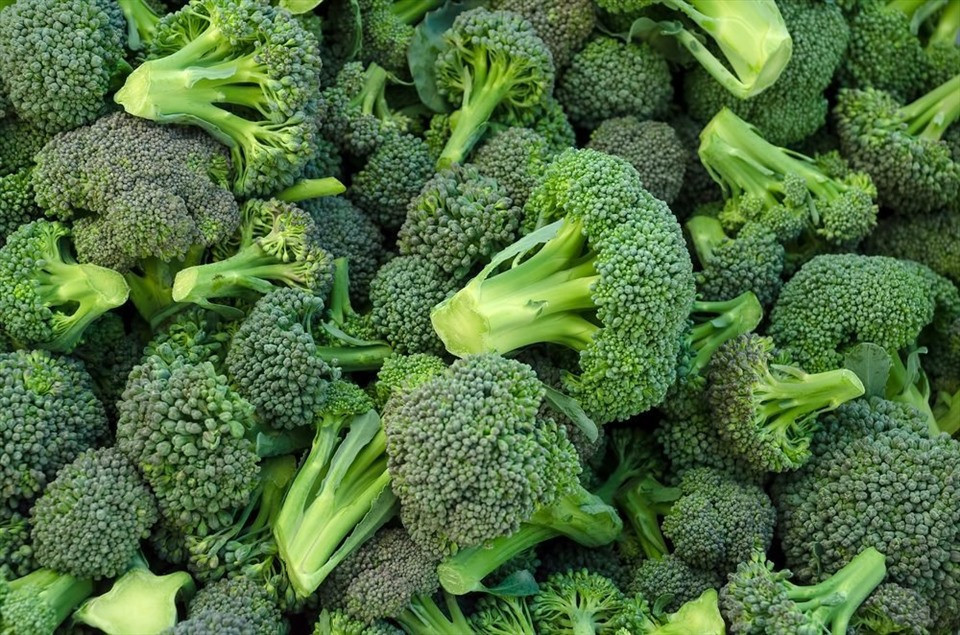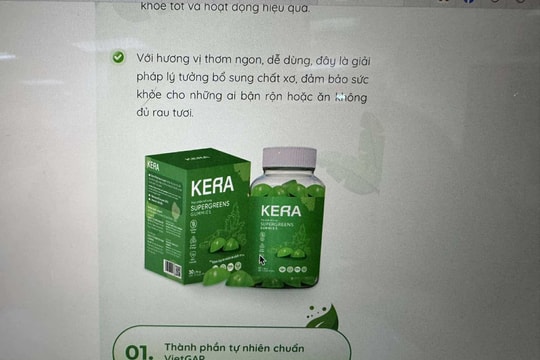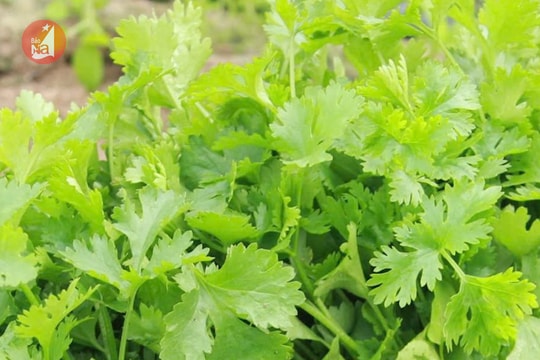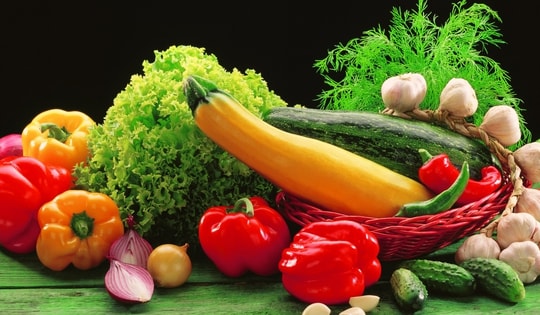6 types of vegetables help keep the intestines healthy
Some familiar vegetables can help prevent and support treatment when constipated.
Election
Bottle gourd contains 94% water, low in calories, rich in vitamin A, potassium, magnesium and fiber. According to Oriental medicine, bottle gourd has a slightly bland taste, cool properties, has the effect of cooling, detoxifying, diuretic, and also has the effect of laxative. People with cold or indigestion should limit because bottle gourd can cause stomach cold.
Price
In Oriental medicine, bean sprouts are a cool medicine with a slightly spicy taste, with the effect of clearing heat, reducing fire, and promoting urination. Green bean sprouts or soybean sprouts have high nutritional content, rich in fiber, vitamin C, calories and fat. Eating bean sprouts regularly also helps beautify the skin and treat phlegm.
Note, you need to choose fresh bean sprouts that are not bruised or waterlogged because the environment where bean sprouts live has high humidity, which can easily lead to Salmonella or E. coli contamination, causing food poisoning. In addition, avoid stir-frying bean sprouts with pork liver because the copper in the liver will reduce the amount of vitamin C in the bean sprouts.
 |
Many types of vegetables effectively support the intestines. Illustration: The Healthy |
Radish
White radish or red radish can be eaten raw or processed into dishes. Oriental medicine believes that radish is sweet, cool, spicy, and has the effect of detoxifying, cooling, and eliminating phlegm. The high amount of vitamin C helps beautify the skin, ease bowel movements, reduce blood pressure, and prevent constipation.
Cabbage
According to Oriental medicine, cabbage is also cold and sweet, has the effect of eliminating heat, detoxifying, and relieving constipation. Cabbage is rich in fiber and contains a rich amount of vitamins A and C.
Cabbage
Cabbage is a food that helps remove toxins from the digestive tract to clean the digestive system. Patients with thyroid disease should consult a specialist before using.
Broccoli
Broccoli contains a lot of vitamin C, A, K, B9 and some minerals such as potassium, phosphorus, iron and selenium. The abundant amount of fiber helps support bowel movements, is good for people with cardiovascular disease, improves anemia, reduces cholesterol, and reduces blood sugar.
Broccoli should be boiled or steamed until just cooked to retain its nutritional value.
In addition to adding fiber-rich vegetables, people with constipation can add fruits such as avocado, apple, banana, papaya. At the same time, remember to drink enough water.
Specialist Doctor 1 Nguyen Tran Nhu ThuyHo Chi Minh City University of Medicine and Pharmacy Hospital, Campus 3








